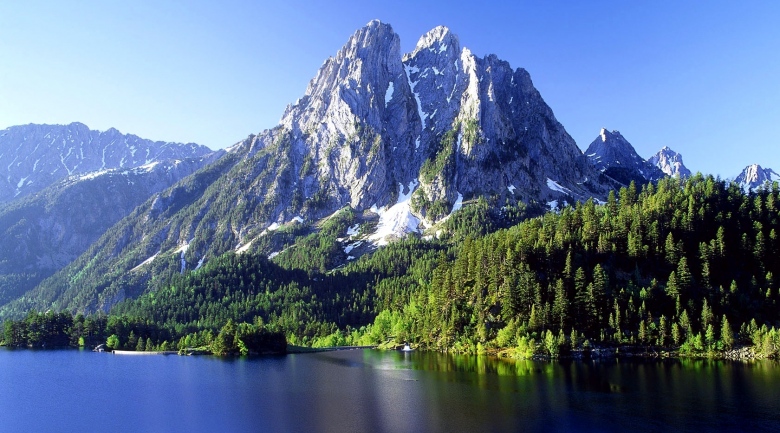
In the summer of 2009, a dozen Democratic members of Congress took a deep breath and put their political futures on the line, voting for historic global-warming legislation President Obama had told them was a top priority. After the bill squeaked through the House, Democrats pleaded with the White House: After taking this risk, they needed Obama to go to bat for them—and the bill—with speeches, campaign appearances, constituent outreach, anything.
He didn’t. Behind the scenes, White House advisers counseled the president not to waste his political capital on climate change. It was too risky. Senate Majority Leader Harry Reid pulled the plug on the bill in summer 2010. That fall, Republicans went hard after House Democrats who had voted for it, causing many to lose their seats—and Democrats to lose control of the House. And on the campaign trail last year, Obama followed the advice of his staff and barely mentioned climate change, to the dismay of his environmental base.
Suddenly, that’s all changed. Now, it seems, Obama can’t stop talking about climate change. In both his Inaugural Address and the State of the Union, he spoke at length and with passion about his commitment to tackling the warming climate. Last month, in a sweeping, nearly hour-long speech, Obama presented a historic set of new climate policies, centered on Environmental Protection Agency regulations to slash coal pollution. EPA’s new administrator, Gina McCarthy, will soon set off on a high-profile road trip to tout the climate rules in speeches, public meetings, town halls, and wherever else there’s a case to be made.
Meanwhile, Organizing for Action, the advocacy group retooled from Obama’s 2012 campaign machine, has launched an effort to inject global warming into the heart of national politics. The campaign strategists who once advised Obama to avoid talking about climate change will spend August sending volunteers to town-hall meetings in Republican districts, blasting the 135 members of Congress the group calls “climate deniers.”
Even Reid, the ultimate political pragmatist, has changed his tune. As wildfires swept his home state of Nevada this month, he reached out to reporters to blame the devastation on the shifting climate. “The West is being devastated by wildfires,” Reid said in the Capitol last week. “Millions of acres are burning.… Why? Because the climate has changed. The winters are shorter, the summers are hotter.”
